Our Programs
Explore our initiatives supporting communities and conserving nature.
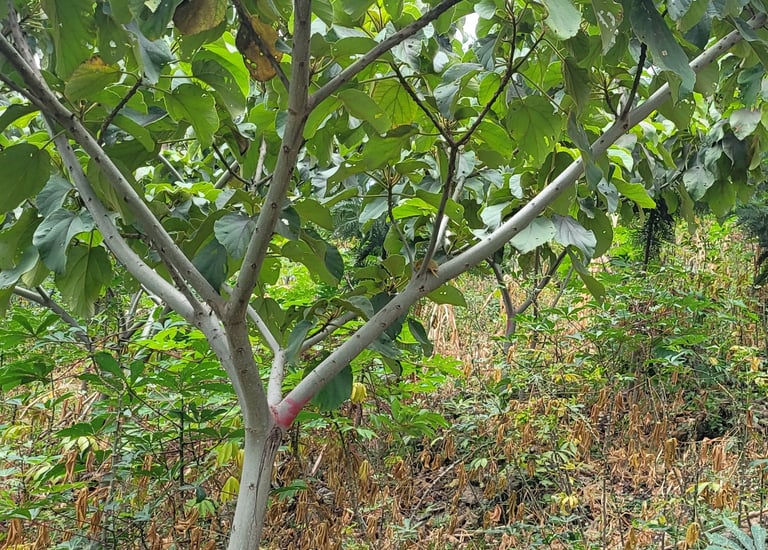

Tree Planting (AFR100)
Promoting agroforestry and educating farmers about improved forestry practices can provide communities with sustainable sources of food, wood, and income. Reforestation is a powerful method for supporting community growth, education, and economic empowerment worldwide. By planting trees, we can contribute to impactful, community-led reforestation projects. Tree-planting initiatives will help contribute to:
Empowering and educating female farmers
Preserving tradition and culture
Increasing income for marginalised communities
Reforestation not only aids economic development but also improves health and wellness by providing access to nutritious food and medicine. By utilising sustainable agroforestry methods, these projects will enhance livelihoods for generations to come.
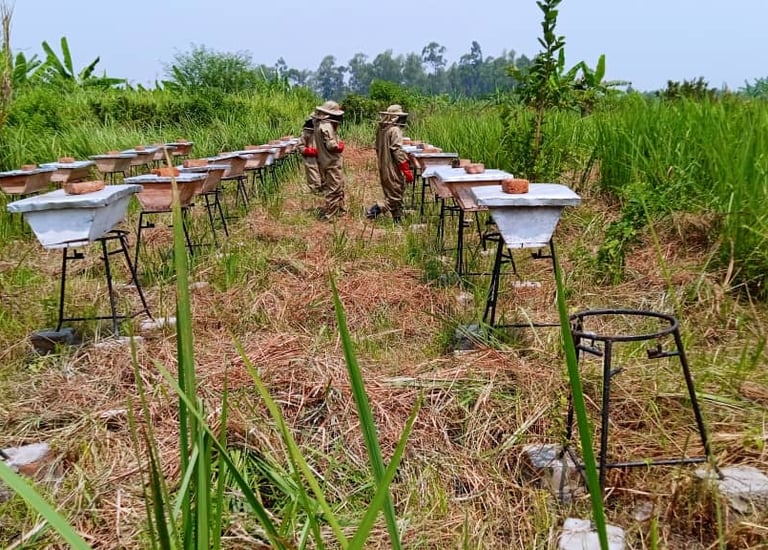

Beekeeping Initiative
We are empowering local communities by providing education and resources on sustainable beekeeping practices. Our program focuses on teaching individuals how to manage bee populations responsibly, promote biodiversity, and produce high-quality honey while minimizing the impact on the environment. Through hands-on workshops and training sessions, participants learn vital skills such as hive management, pest control, and the importance of bees in our ecosystem. By fostering a deeper understanding of beekeeping, we aim to support local economies, enhance food security, and create a healthier environment for future generations.
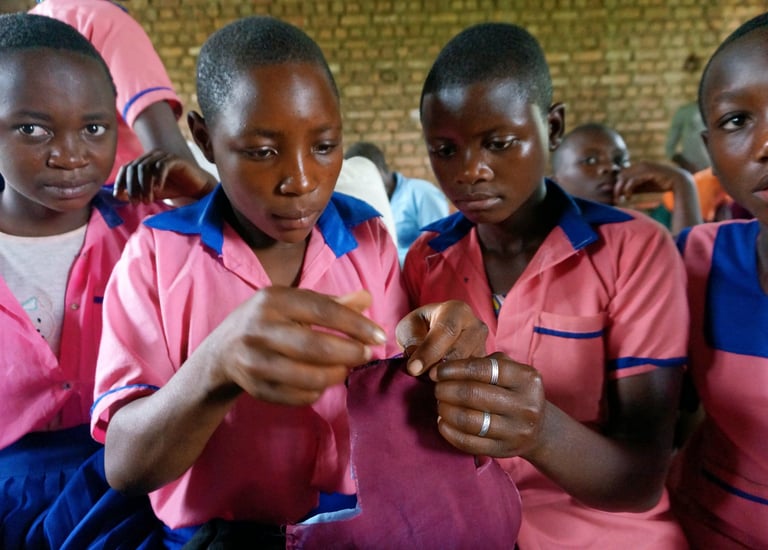

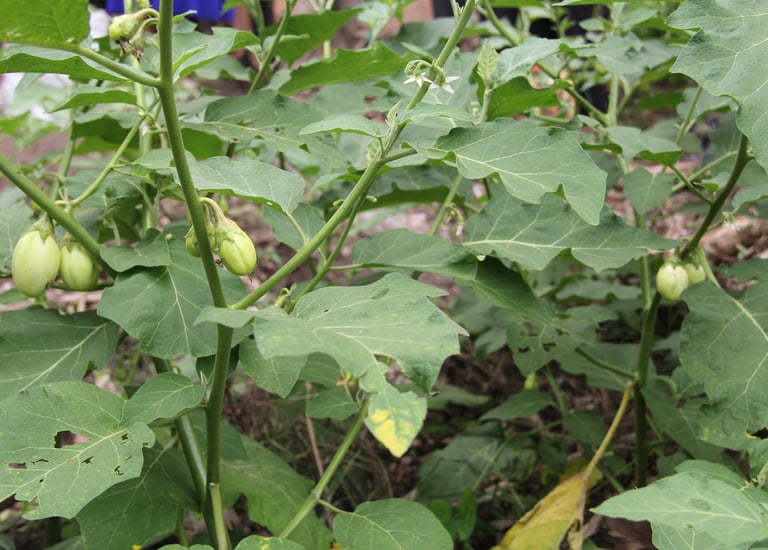

Management of Menstrual Hygiene
This project aims to promote girls' education in the hard-to-reach hilly areas of Ndandu Village, located near the Rwenzori Mountain National Park in the Kasese District.
Promoting menstrual health and hygiene is an important means for safeguarding women’s dignity, privacy, bodily integrity, and, consequently, their self-efficacy. Awareness of MHH contributes to building an enabling environment of non-discrimination and gender equality in which female voices are heard, girls have choices about their future, and women have options to become leaders and managers. Discriminatory social norms, cultural taboos, and stigma associated with menstruation can lead girls to follow unsafe practices.
The beneficiaries of this project were primary school girls of menstrual age, specifically those in primary six and seven at Ndandu Primary School, as well as the women's groups in the surrounding community. These groups will receive education and skills training in the production of reusable sanitary pads, known as RUMPs. This approach is beneficial because it is cost-effective due to its low initial expenses and the sustainability of the products.
Climate-smart agriculture
This innovative approach is helping local farmers adapt to the challenges of climate change while boosting productivity and sustainability, through climate-smart agriculture (CSA)
Through training and support, farmers in Kakindo are adopting practices such as drought-resistant crop varieties, soil and water conservation techniques, and integrated pest management. These methods not only improve yields but also protect the environment and ensure long-term food security.
Farmers now share knowledge through field demonstrations and peer-to-peer mentorship, creating a resilient network rooted in shared experience and innovation. As a result, families are seeing improved incomes, healthier soils, and renewed hope for the future. Kakindo Village in Maliba sub-county is proving that with the right tools and community spirit, agriculture can thrive—even in the face of climate uncertainty.
→
→
→
→
Our Programs
Explore our initiatives focused on sustainability, community support, and environmental conservation in the Rwenzori Mountains.
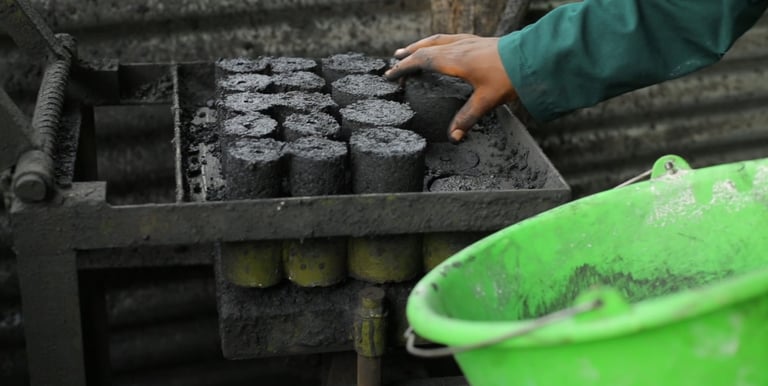

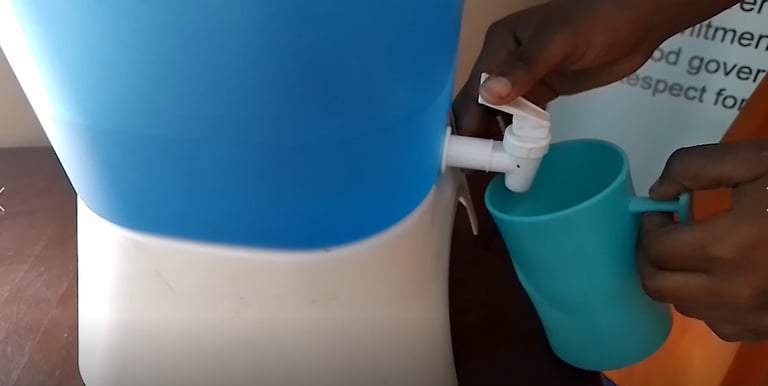

Nature-based solutions.
Bikone, located in Maliba Sub-County, is setting an inspiring example through the implementation of nature-based solutions (NbS) to address environmental challenges while enhancing local livelihoods. 1. Ecosystem Restoration. Local volunteers have initiated reforestation projects, planting native trees to recover degraded lands and support biodiversity. 2. Sustainable Agriculture. Farmers are adopting agroecological practices, such as crop rotation and organic fertilisation, improving food security while minimising environmental impact. 3. Water Management, Rainwater harvesting systems and wetland conservation projects are enhancing access to clean water, ensuring sustainability even during dry seasons
Bikone’s commitment to nature-based solutions showcases how communities can tackle ecological and social challenges simultaneously. As they continue their journey toward sustainability, Bikone serves as a model for others to follow, demonstrating the transformative power of working with nature.
Clean Drinking Water and Improved Cooking
Many households in Kasese struggle to access clean drinking water due to contamination risks. Water purifier buckets offer an effective solution by removing harmful bacteria and impurities without needing electricity. These user-friendly devices ensure safe drinking water, reducing the incidence of waterborne illnesses like cholera and typhoid, and can help families save on healthcare costs.
Improvement in Cooking with Ceramic Cookstove Liners
Improving cooking methods is essential for household health and efficiency. Traditional methods using firewood or charcoal can cause indoor air pollution and respiratory issues. Adopting ceramic cookstove liners is a solution. These liners enhance the efficiency of stoves, requiring less fuel and producing less smoke, which accelerates cooking and reduces environmental impact. Durable and user-friendly, ceramic cookstove liners convert standard stoves into healthier, more efficient options, providing cleaner air and lowering fuel costs for families